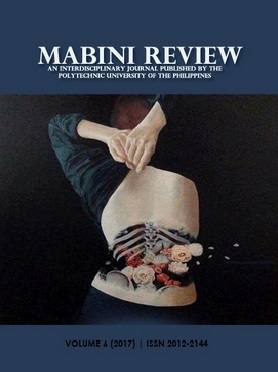La Chinoise and Aesthetic Dissensuality
DOI:
https://doi.org/10.70922/jgn9j291Keywords:
Ranciere, Dissensus, Aesthethic Order, Godard, Partition of the SensibleAbstract
Jean Luc-Godard and Jacques Ranciere are two of the most important intellectuals of their time— the first is a filmmaker whose films are considered to be some of the best French Cinema has produced, the latter is a philosopher whose works continue to immensely influence the intellectual current of the world. While it can be said that their lives did not intersect, their respective oeuvres are not totally different from each other, in fact, Ranciere in his works on Cinema has continuously referenced the films of Godard in explaining his theoretical concepts, and Godard for his part, although he never mentioned any awareness of it, seemingly molds his aesthetics after Ranciere’s views on art. Keeping this in mind, this paper will endeavor to present a concrete link between the works of these two sui-generis thinkers; in particular, the researcher will attempt to read one of Godard’s most little known films, La Chinoise, using one of Ranciere’s most famous theoretical concepts: dissensus. Dissensus is the necessary break/gap in the sensible order and could be seen in works of art. Hence, dissensus is primarily a concept that operates in the aesthetic order, a tick of the aesthetic regime—the researcher wishes to uncover the dissensuality/ies in Godard’s La Chinoise.
Downloads
References
Downloads
Published
Issue
Section
License
Copyright (c) 2018 Jesus Emmanuel S. Villafuerte (Author)

This work is licensed under a Creative Commons Attribution-NonCommercial 4.0 International License.
Articles published in the MABINI REVIEW will be Open-Access articles distributed under the terms and conditions of the Creative Commons Attribution-Noncommercial 4.0 International (CC BY-NC 4.0). This allows for immediate free access to the work and permits any user to read, download, copy, distribute, print, search, or link to the full texts of articles, crawl them for indexing, pass them as data to software, or use them for any other lawful purpose.


